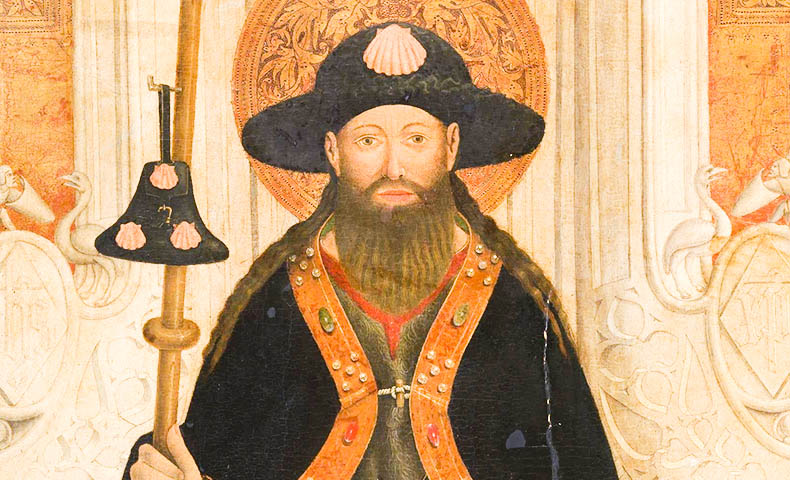
A SPARK OF INSPIRATION
All fictional stories start with a spark of inspiration, often small ones. For example, Leo Tolstoy’s Anna Karenina was inspired by a news account he read about a woman who threw herself in front of a moving train. He then imagined the back story of what might have led to such an act. In the process he created a massive classic that, among other things, includes Tolstoy himself in the character of Levin, with accounts of real events from the author’s own life. The novel ends with Anna killing herself by jumping in front of a train. For non-writers it may be hard to imagine a tiny idea such as a news item resulting in a colossal tale.
I have had my own sparks of inspiration that have led to stories. I am no Tolstoy and I don’t have the wherewithal to produce an epic length novel. But my little inspirations have also blossomed in a process that I am progressively refining.
My first successful short story, completed in 1993, entitled Unlikely Friends began with a peculiar declaration from a patient I inherited from my predecessor. He told me that when this doctor retired he took the patient out for a good-bye luncheon. This surprised me, for the patient had suffered an unimaginable complication in a surgery this doctor performed and their relationship had been strained. I was told that my predecessor disliked this patient. So, why did he take him out to lunch, I wondered. I then tried to imagine what that lunch must have been like. The result was my story.
Sometimes the inspiration is not an event but rather an intriguing premise. I just came up with a brand new one.
Several years ago we encountered a chocolate maker in the charming German city of Passau who made molds out of the bare breasts of local housewives. Apparently the women eagerly volunteered for this task. He then produced breast shaped chocolates that he sold at 17 Euros a piece (see photo above). When we visited his shop, the chocolatier showed us dozens of such molds he had collected over the years. He was a remarkably humble, fiftyish man, a true artisan who did not seem to harbor lurid motives.
Recalling this memorable shop, I wondered what would happen if a conservative, head-scarved Muslim woman bared hers for this chocolatier. What kind of a story would ensue from that?
In years past, when struck by such an inspiration, I would immediately sit down and begin writing, forging the story with a stream-of-consciouness spontaneity. More often than not this failed, the story running aground in mid-stream after I had spent considerable time on it.Nowadays I take a different approach, a more fruitful one. I do not write immediately.
First I imagine my main characters and build back-stories for them about who they are, what their life experiences have been, how they were thrown together into the setting of the story. I imagine a loose story arc. Most importantly, I create a foundation to the story by choosing a theme that I will adhere to as the tale unfolds. I also mentally invent and arrange some of the scenes of the story.None of these are precise. There is a lot of wiggle room for creativeness when I eventually begin writing. However, if I am anchored to a theme and an arc, I tend to avoid story killing sidetracks and dead ends.
During this early phase I also imagine what Hollywood or TV would do with my premise and look for other ways to tell the tale. I want my stories to be unique, unpredictable, reflective of my own idiosyncrasies.
Another essential preliminary is research. I know next to nothing about chocolate making, or for that matter, how molds are made out of body parts. Some research is necessary in order to create detailed, credible accounts of these activities in the story. This is also a crucial element of the critical mass that needs to build up before writing.
Once at my word processor I have a singular goal: to complete a first draft with a proper beginning, middle and end. It may not a be a good one, but this doesn’t matter. If it is complete it can always be revised and polished into something smoother, slicker, more readable. My likelihood of successfully completing a draft is much higher if I undertake proper preparations than if I randomly begin writing.
I have already worked out a back story for my chocolatier, making him a sad, lonely man, devoted to his craft. I made up a whole life story for him. I also have an idea of who my Muslim woman will be and how she’ll enter his life. I am still struggling with why she would want to bare her breasts to him, but I have some good ideas. These back stories will not fully end up in my tale. I’ll only draw from them enough to make the story plausible.
I also have a few scenes of the story worked out, in particular, the beginning and the end. They are vague blurs that will be sharpened when I eventually begin writing. I have not done any research yet. I will be traveling to Germany in less than a month where I will look for more characters to populate my story and settings that may be good backdrops. The trip, a vacation, will also serve as a research vehicle. Prior to departure I hope to do some internet research about chocolate making and molds. I then plan to write my story while in Germany.
Will all this work out? Who knows? Stay tuned. I will keep you updated on the project whether it succeeds or not.










